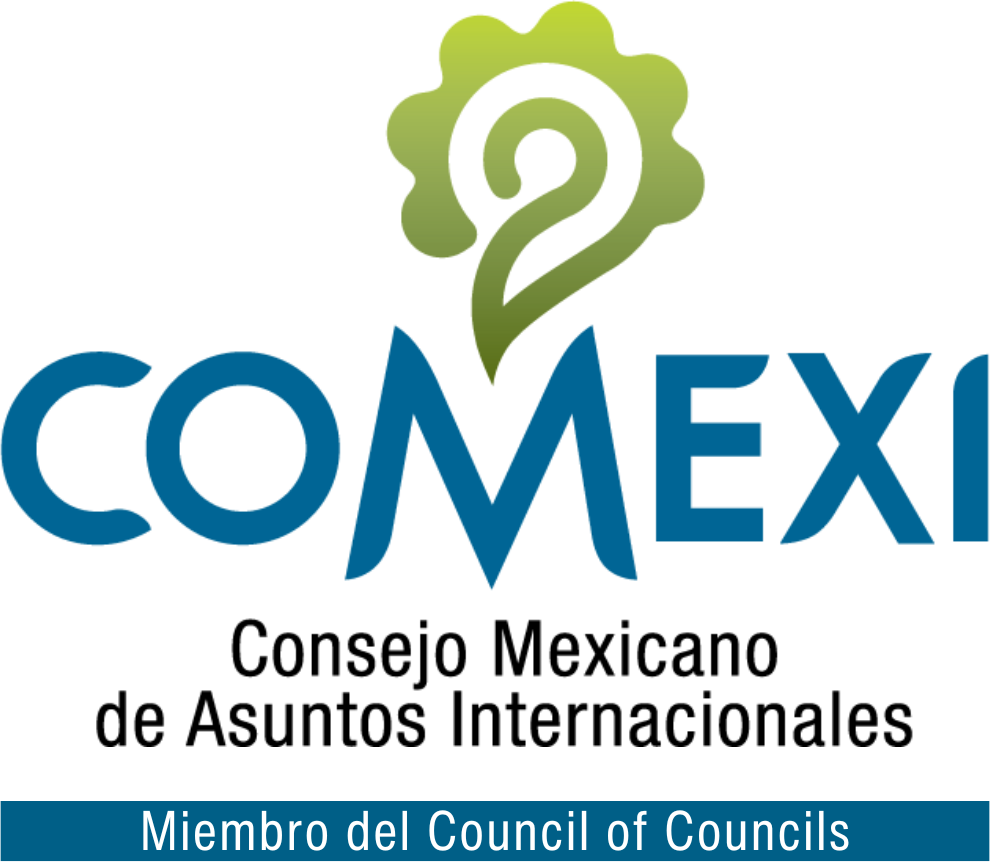Fecha Publicación: 07-11-2022
The fight for the National Electoral Institute (INE) entails two very simple explanations. First, it is evident that at this point there is no guarantee of the continuity of the so-called Fourth Transformation (4T) or, at best, of the Morena party. Natural attrition and absence of results lead the president to seek means to avoid a potential catastrophe for his political project. The other explication, more benign for the regime, is that, to stay in power, it needs to tie down a key loose sail: the Electoral Branch. As supposedly stated by Stalin, “The people who cast the vote decide nothing. The people who count the votes decide everything.” Controlling the voting process becomes a categorical imperative: the only way to preserve the power is to annul the right of the citizenry to decide, as in the good old times.
The electoral system is a hindrance for the failed project. This syllogism makes it evident that the problem does not lie in the INE and in its counterpart in the Electoral Court, but instead with the pretense of recreating a world that disappeared a half century ago and that cannot be recreated nor is it repeatable. The mere pretense of imposing an all-embracing vision of the country and of the world on 130 million citizens, practically twice the population of Mexico in the seventies, is impossible in that it is unreachable as well as because it ignores -or consciously rejects- the diversity and dispersion that characterize the country and due to which there is no way back. Feigning the reproduction of an epoch that has been already eclipsed by time and by the changing reality is nothing more than a mirage and, at the end of the day, a fantasy. A population that has become accustomed to the exercise of its life without the omnipresence of the government cannot be submitted anew.
Of course, not that the entire population enjoys full freedoms. Lack of access to the modern economy, to justice or to personal and patrimonial security, to cite three obvious examples, limits the capacity of the development of individuals and, in general, of the country. That is where the lack of a government that is competent and one with clear objectives manifests itself acutely and decisively. It is also there that President López Obrador, without commitment to the previous status quo, had the enormous opportunity to modify the game rules to make possible a government willing to engender conditions for the whole population, especially the most poverty-stricken, that which most lags behind and that endowed with the least opportunities, to break with that apparently abstract, but absolutely real, barrier.
Rather than making a difference by the building of a more equitable and successful country, the 4T project has been nothing else than a vain attempt to control everything and to reconstruct the old presidency, the one that wreaked poverty on the country in the seventies. The government consists of a permanent rhetoric -the daily presidential speeches- that are high sell-outs in terms of the president’s communicating with his social base and exploiting historical resentments, but without offering anything in return. Popularity, like all emotions, is volatile and dissipates with the greatest of ease. However much the president capitalizes on and sings his own praises about his lofty score in this regard, he would do well to observe his predecessors from the nineties on: there is nothing more ephemeral than popularity. Worse yet when the distance between the evaluation of the government is found so far from that of the president: a faithful representation of a government that talks but that does not govern.
The fifth year of any six-year presidential term in Mexico is always crucial because it is then that the results of the four prior years become patent, vividly revealing the successes and the failures therein: that is where the results of the term are presented in summation. Never, in the decades during which I have been witness to one government after another have I seen fewer investments in the future than during the current government. Some of those governments were cautious, other ambitious; some competent, others inept; but uniting everyone was a common endeavor to improve the future. López Obrador has done nothing more than invest in the past -an oil refinery, a provincial airport- without there having been a proper assessment of any of these: his vision sufficed.
And that vision is not even developmental in the sense that it was employed during the era in which the president takes such immense pride, the so-called stabilizer development, which afforded the country a duo of decades of high economic-growth rates. Contrariwise, the manifested purpose is one of impoverishing the population, eliminating the main economic-growth sources and consolidating an omnipotent presidency.
Lashing out at the INE and against the U.S.-Mexico-Canada Treaty (USMCA) (in the form of a rejection of resolving the dispute with our partners, leaving open the possibility of the cancellation Mexico’s membership) is inscribed in this strategy. This could be a conscious or an unconscious project, but evidence of the intention is increasingly widespread.
The death rattles of a government that begins to languish but that refuses to accept the verdict of the citizenry. Better to decide on its name; better to impose a succession than respect its desires, concerns or preferences. As Yogi Berra would say, “You got to be very careful if you don’t know where you’re going, because you might not get there.” The country runs the risk of losing its way in this road of good intentions which, as the saying goes, could lead to hell.
www.mexicoevalua.org
@lrubiof




